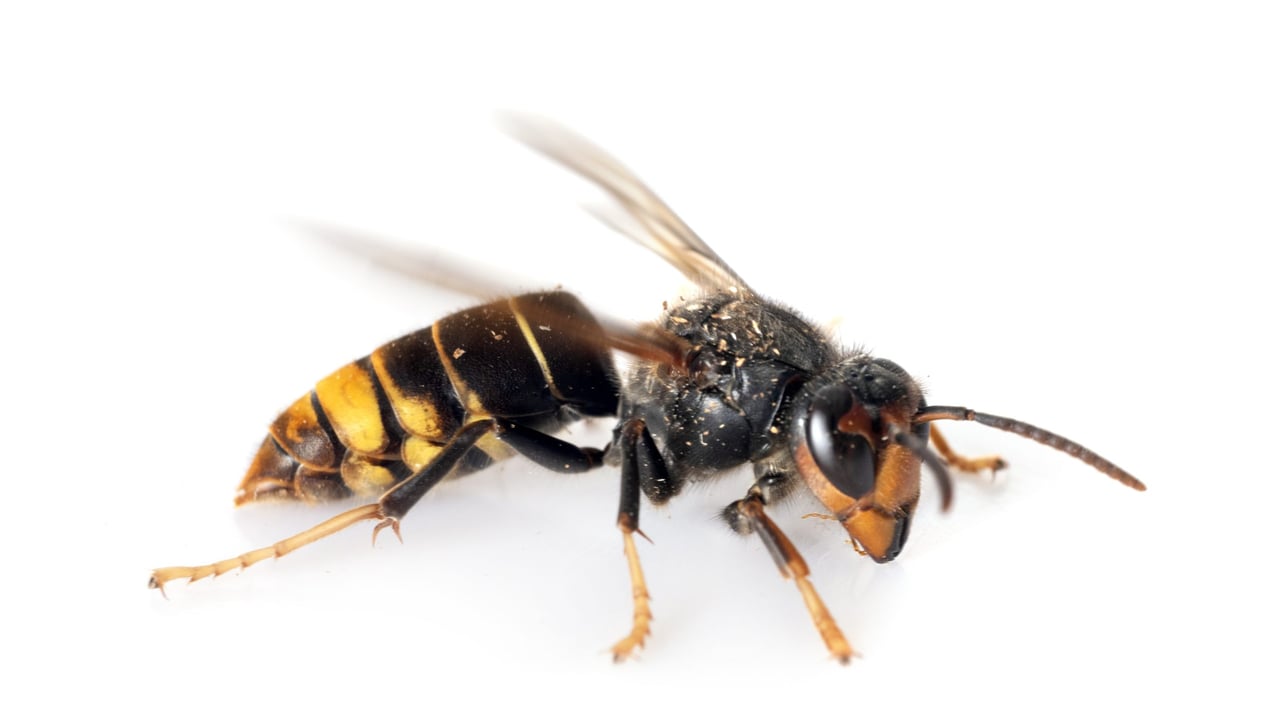Asian hornet 'poses a significant threat to pollinators' - minister
Work is underway to remove an Asian hornet nest in Co. Cork as warnings were issued today (Thursday, August 28) that the species "poses a significant threat to pollinators".
Minister of State for Nature, Heritage and Biodiversity, Christopher O’Sullivan, said the nest was found following "intensive monitoring and survey activities" by the National Parks and Wildlife Service (NPWS), experts from the National Biodiversity Data Centre, the National Museum of Ireland and local expertise.
“While this finding is worrying, international experience shows that if we act quickly, we can prevent this destructive species from establishing in Ireland.
"In this case, the team of experts led by the NPWS, quickly identified the location of the nest," Minister O'Sullivan added.
According to the minister, the area where the Asian hornet was located will continue to be surveyed and monitored "until we are satisfied that there is no further evidence of activity".
"I encourage members of the public to continue reporting any sightings to the website www.invasives.ie," he added.
Sightings from members of the public, along with track and trace efforts were used to locate the hornet nest in Co. Cork.
An Asian Hornet Management Group was set up in response to the sighting of an Asian hornet earlier this month.
The group is chaired by the NPWS and includes members from the Department of Agriculture, Food and the Marine (DAFM), National Biodiversity Data Centre, and the National Museum of Ireland.
The Asian hornet is designated as an invasive species by DAFM which has also outlined that it poses a serious threat not only for honey bee colonies but for all wild bee populations in Ireland.
It was detected in Europe in 2004 and has successfully reproduced in many European countries including the UK.
The first discovery in Ireland of a live Asian hornet was recorded in April 2021.
The Department of Housing, Local Government and Heritage Press Office has outlined that the Asian hornet is "not generally aggressive, but it may sting if provoked".
"The public are therefore advised not to approach or attempt to capture a suspected individual but instead to report any suspected sightings including a photograph if possible.
The Asian hornet can be easily confused with native species such as the giant woodwasp, the dark giant horsefly, and the common wasp," the department added.





